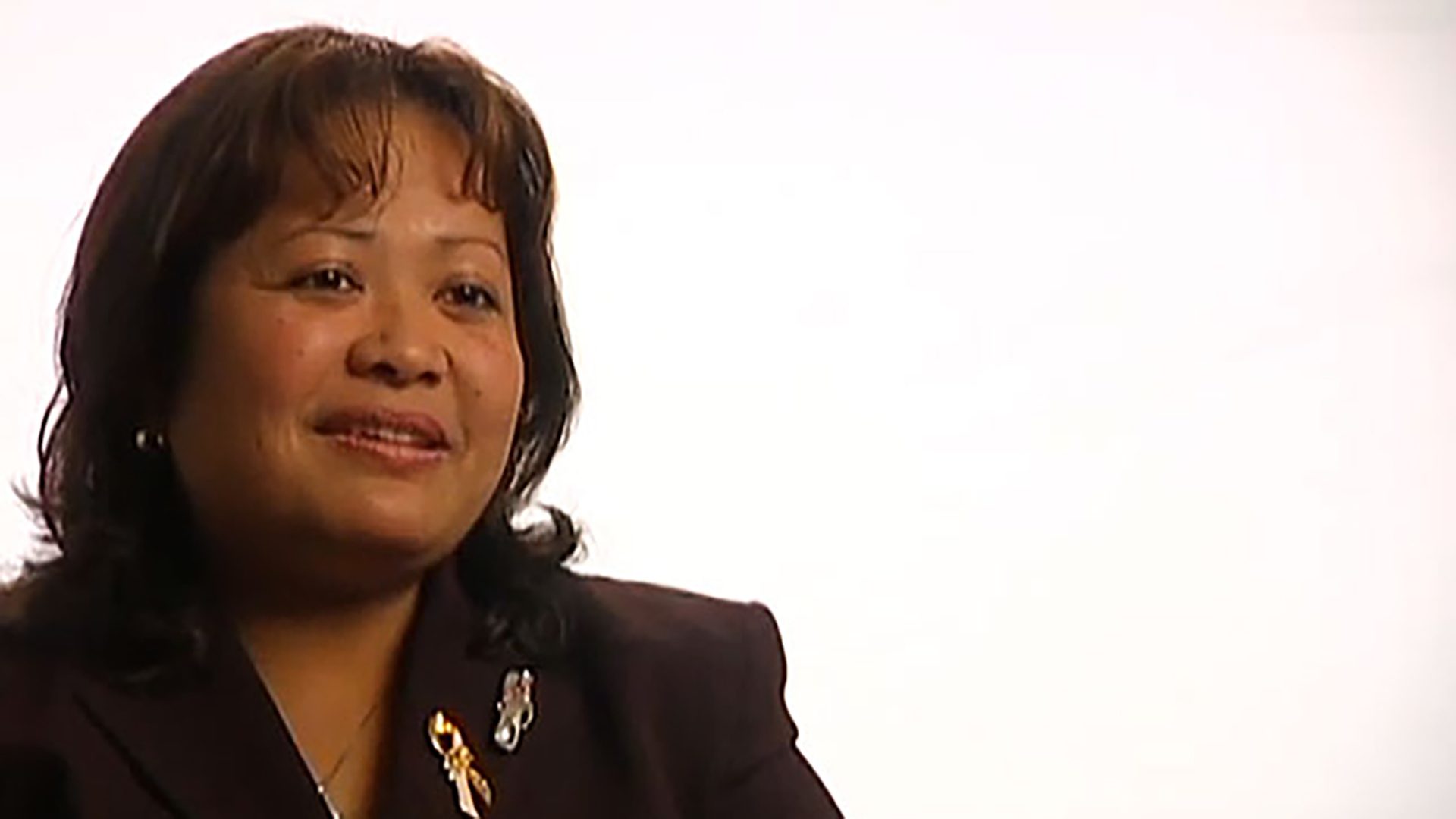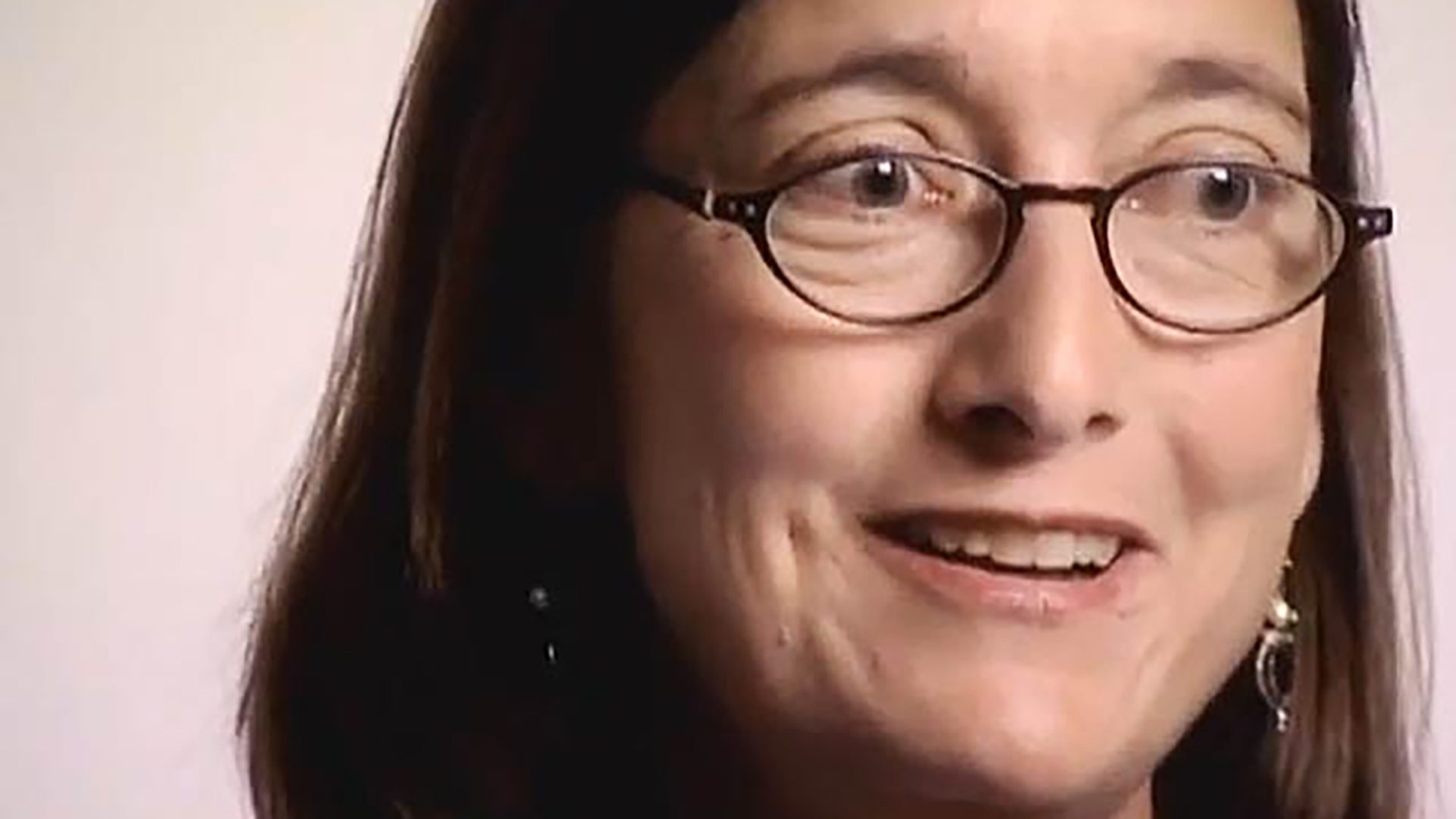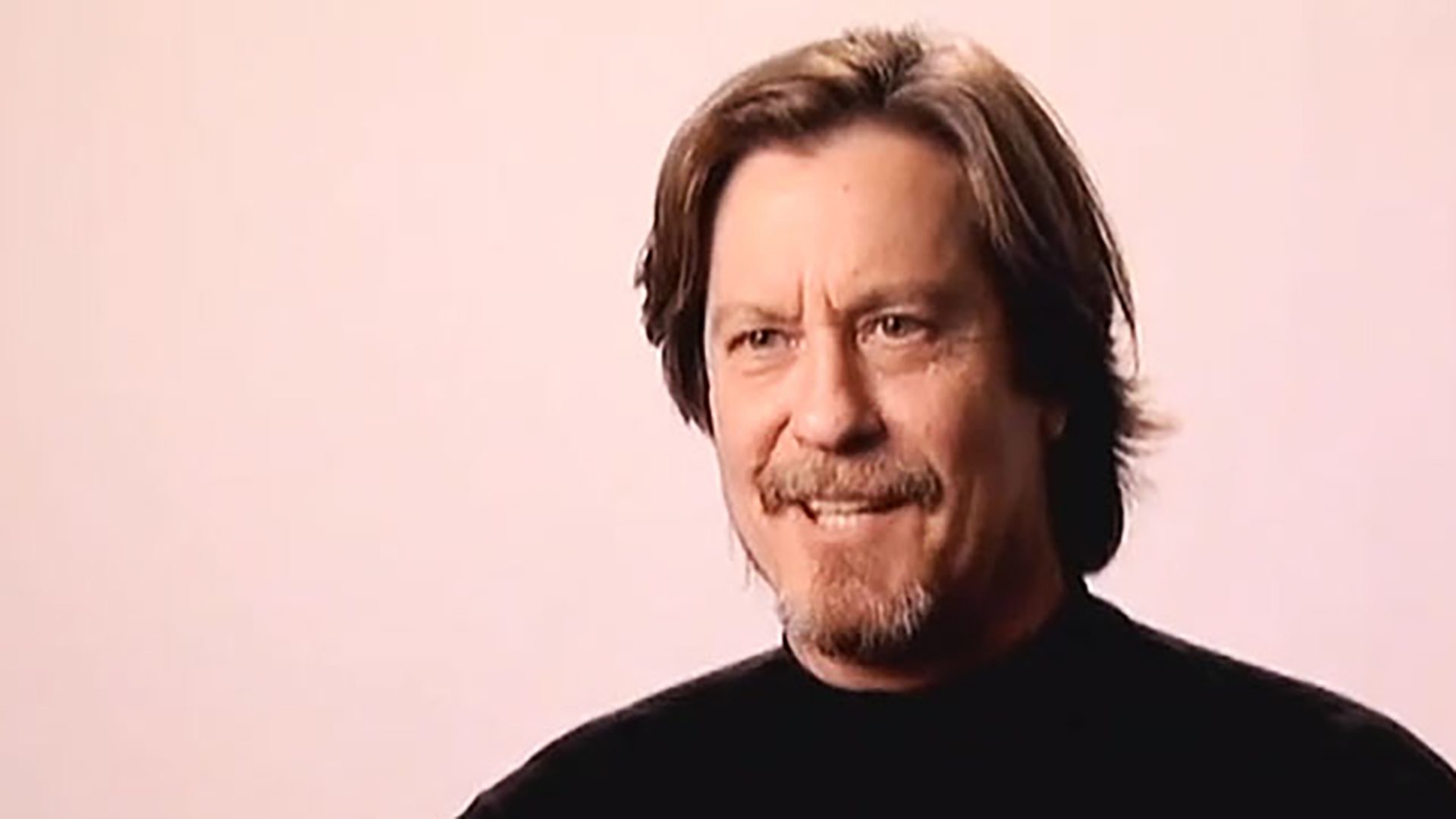Survivor Interview – Suzanne R.
Suzanne discusses her breast cancer diagnosis, body image, relationships after treatment, insurance, and support groups.

I was diagnosed with breast cancer in November 1997.
On October 1997, I was doing my self-breast examination, and I found a lump in my right breast. The doctor examined me and immediately referred me to a mammogram technician. After that, I was referred to an ultrasound technician. I asked her if she can check, because I found another lump in my left breast. She didn’t detect anything. After the surgery, I told the doctor, “Can you please check and see what that is on the other breast?” It came back and it was malignant, but it wasn’t detected by any machine, mammogram, or ultrasound. It was just by me examining myself. After that, I healed up again, and then I said, “I’m gonna do this one more time,” because the margin wasn’t clear. I found another lump, and that would be my third lump. I told the doctor if the biopsy was bad, I had no reservation of having my breast removed. It came back positive again.
After the second surgery, I was referred to City of Hope in Duarte, California, where the doctors found three separate lumps. They did a radical mastectomy. After that, the doctor said that I would be going through about four cycles of chemo. I had no qualms about it. I wasn’t angry that I was gonna lose my breast. Far from it. I was basically angry at my breasts for betraying me. Deep down, I felt that my body was trying to harm me, and my way of getting back at it, basically, was to remove it.
I hear that some people mourn for the loss of their breasts. I didn’t mourn for it until afterwards. It’s not because of my figure. I mourn for it from a woman’s perspective, that my body was just not being a female, trying to harm me in some way. All I felt was that I need to remove the breasts to continue for the sake of my children, who were pretty young. What’s important? Your figure, your look, or your health? Being there for your children. Being there for your loved ones.
It was funny, or not really funny, but I never really consulted my husband. It was just my decision. My husband was thinking probably later on I might feel bad, not feeling like I’m totally a woman, but it never crossed my mind. Looking back now, I thought about his side, the male side, thinking his wife doesn’t have her breasts, but I wanted to just take them off. I felt that it was just they were not good at all. They were trying to destroy me.
My relationship with my husband I feel it has not affected at all. In fact, I think it brought us even closer. In the beginning, I had anxieties. For a time, I couldn’t remember a lot of things, so I needed him to be my guide. He’s basically my number-one advocate. Our intimate relationship is not affected. I’m still me. I do have a reconstruction, but I think deep down it’s more important that you’re still you. You can have any type of cancer, but it’s up to you, the way you want to live your life, the way you want to leave this world and make a difference.
My husband and I have a totally different background. He was born and raised in Bronx, New York. I was born on an island in Guam. We clash quite a bit. For my husband, communicating with him, he likes to talk. He was the one who told my children that I had breast cancer, because I was trying to shield them till, I found out exactly what stage my cancer was. At first, I was upset. But I’m an emotional person, so at that time, it was best that he spoke to the kids, so that probably I won’t scare them. I wasn’t ready to deal with it, because I was just trying to find my place. Communicating with him, it was not that hard and not that easy. It was just a give and take. He wanted to shield me and protect me. I wanted to take control, to be responsible for me.
How did I find the balance? We did a lot of talking, and I told him, “You need to hear me. I know we’re going through this together, but it’s happening to me. We have to decide, but ultimately, it’s me.” He started backing off, and we discussed things more, and it was just go from there. He supports me 100%, and we do go back and forth about things. Ultimately, I think that we find a balance, where I can tell him things that are deep down, and he listens, and then he gives me his feedback.
My husband’s health insurance is an HMO. The first hospital wasn’t really in the field of knowing about breast cancers. We fought with the insurance company and the hospital to go see another doctor, who specialized in cancers, after the first two surgeries and finding out again that it was not okay, that the margin wasn’t clean. But it took a lot of work. It took a lot of calling for my husband’s part and me actually taking control, saying to my case worker, “You wouldn’t be saying this if it happened to you or someone you love.” It all comes down to money and who’s gonna get that money.
For life insurance, my husband and I started early, when we first got married. My husband didn’t really want to talk about it, but I wanted to make sure that my children were taken care of. I have four children, three girls and a boy, and they’re pretty young. I asked my husband that for this life insurance that we have together, could it just be for our children, my children and his. In his next marriage, he can have another one. I wanted my children to be well provided for, as much as I could give them. I just recently upped it again. The insurance company didn’t raise any issues or, if they did, I didn’t hear it. So, I guess I’m okay. I think it’s very important that you do have life insurance. I think it’s important that you do have a will. It’s something to leave behind at least, to make it easier for everybody.
I went through a support group in the hospital. Then when I went back again, I found out the people that you’ve made friends with are no longer there. It took me a lot harder to get up there and push myself back again.
I believe my turning point was when I was going for my second chemo, and I saw this beautiful little girl. She was bald and she was holding a small IV pole. She was wearing her Cinderella dress. She was saying, “Do I look beautiful? Don’t I look beautiful?” I just knelt down and I said, “You look so beautiful.” I turned to my husband and said, “Look at me, I’m so selfish complaining about how the chemo makes me sick. Look at this beautiful little girl. She probably never would have her first dance, first kiss, and probably never experience life. At least I had 34 years of my life to have that.” So that was the turning point in my life that I said, “This is not all about me.” I had to do something.
Now I am a leader with the Guam Communication Center. We go out giving literature about cancer. Mainly, my role is just sharing some of my experience with people in my community, and just being there for them. Just giving them some hope, and advice for people that may be going through it. It makes me feel good because it’s something I can give back, something that I can leave behind. I made a difference. I was out there helping. I may not be in a support group, but I can be an advocate or a support for somebody who needs it, to speak out and tell them to basically fight. Surround yourself with positive things, positive people, positive places, and just positive thoughts.
Guamanian-Chamorro women are very reluctant to talk to their doctors. It’s an island, our culture. We’re trying to educate the younger ones, and the older ones, too. But the older ones are very stubborn. The older generation of Chamorro women, basically, when they are diagnosed of any type of illness, it’s almost like it’s God’s way. They accept it. It’s very intimate for them to talk about it. They want to shield it. I think part of it is that the word “cancer” is scary to a lot of people.
I guess I’m one of the young Chamorro women, that are willing to talk about what happened and where they can get support. For me, it’s scary, but I think I need to fight. I want other people to know that you can fight it. I don’t think I’m different. I’m just basically out there telling what happened to me and telling them that they don’t have to die from breast cancer or any type of cancer. They can detect it early. Get your examination. Do your self-breast examination or do what you have to do to keep yourself healthy.
My name is Suzanne Robert. I’m a six-year breast cancer survivor.

